17 Small Things You Can Do to Help Endangered Species
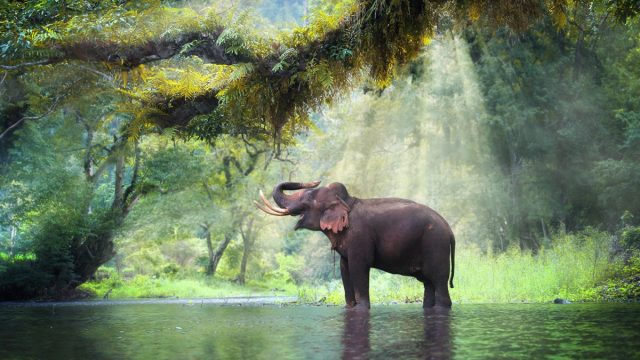
According to the World Wildlife Foundation (WWF), at least 10,000 species go extinct each year. Considering the huge issues driving the decline of these species—habitat loss, extreme weather, climate change, pollution, and more—it can be hard for the average person to imagine how they can help. But there are a number of things people can do to help reduce the damage being done to the world’s biodiversity. To get you started, here are 17 ways you can help endangered species.
1
Learn about the endangered species in your area.
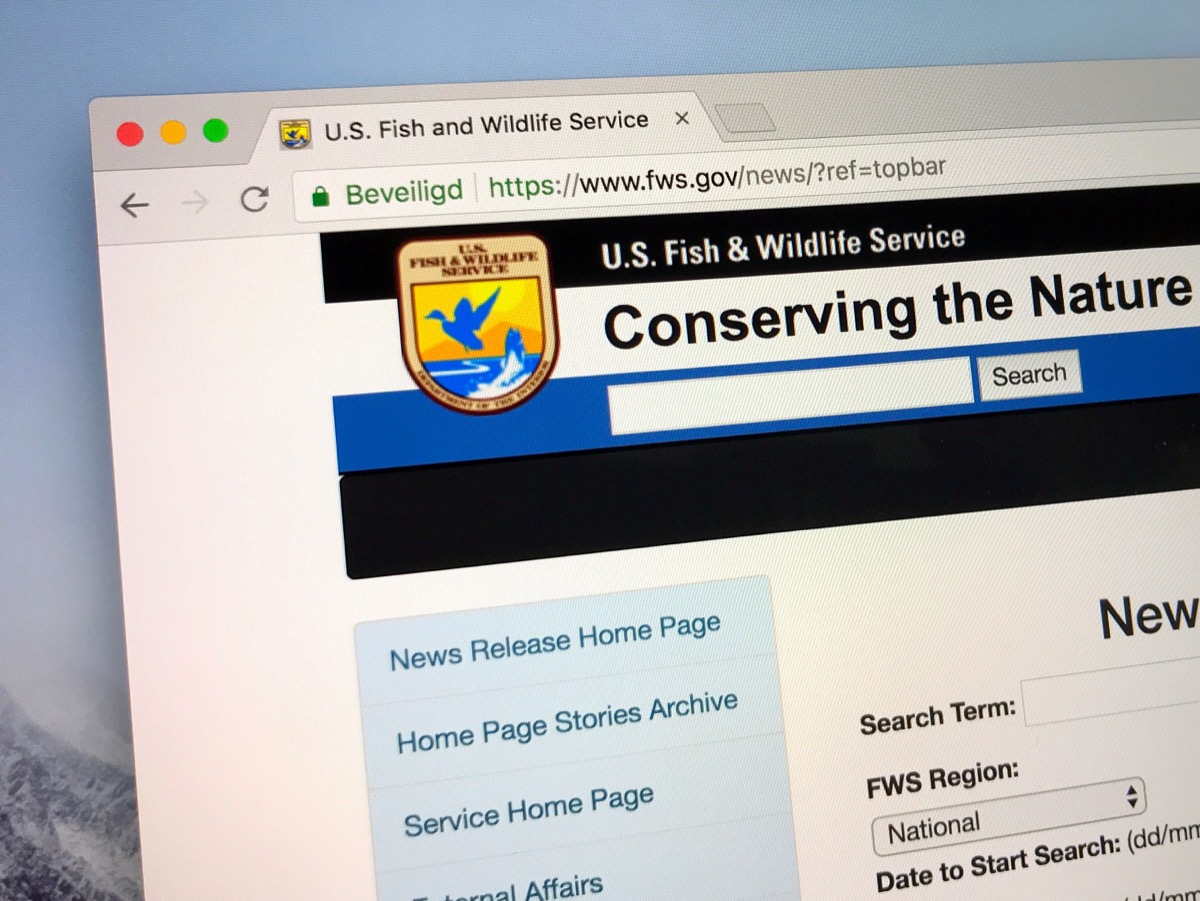
There are probably more endangered and threatened animals in your area and you think! The U.S. Fish & Wildlife Service offers a map of endangered species by state. Finding out which animals near you are in trouble is a good first step to doing something about it.
2
And spread the word about those species with others nearby.

Once you know which animals are at risk, let others in your area know about it. Share the information on social media and tell your friends and family about the species that are threatened. Emphasize that protecting endangered animals is not just about raising money for the Namibian black rhino or some other creature on the other side of the world—it’s about protecting the endangered species in their own backyard, too.
3
Make your home wildlife-friendly.
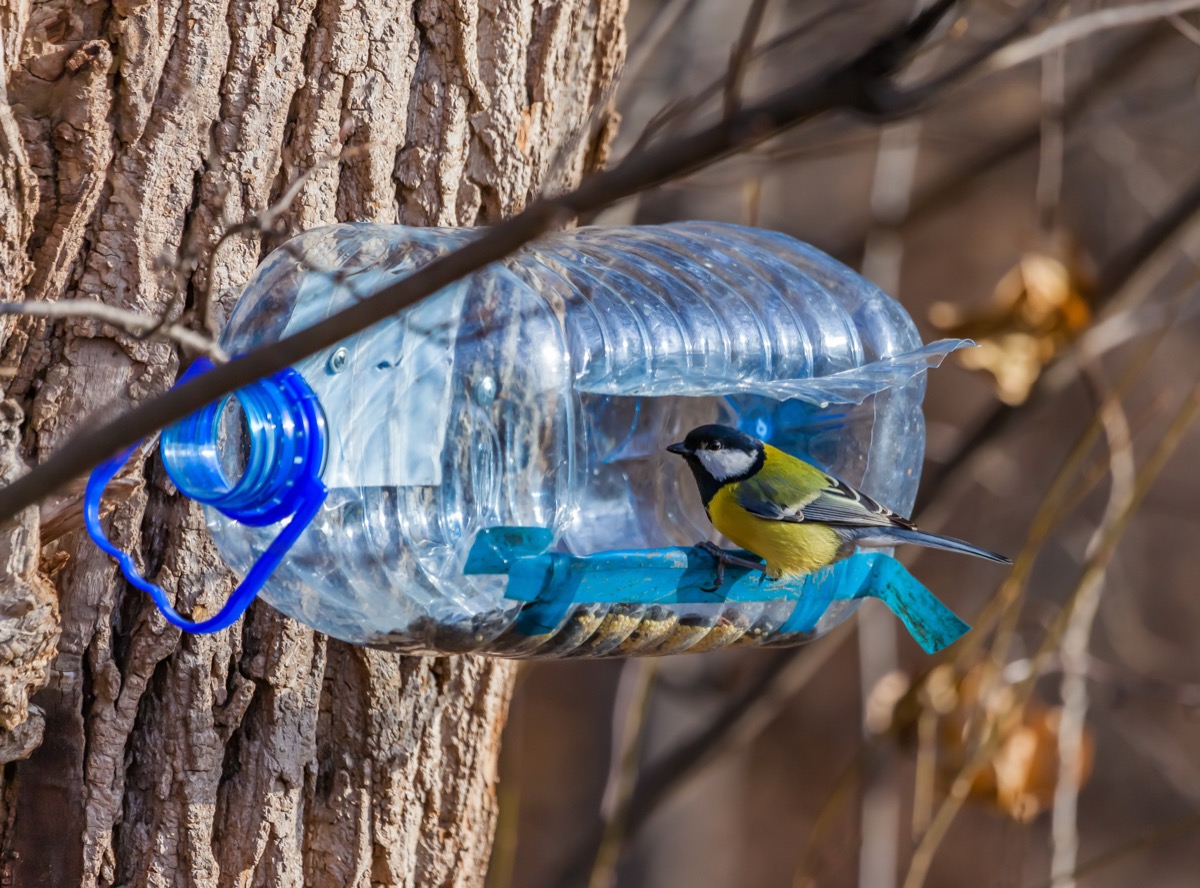
Saving the planet starts at home—literally. You should take steps to ensure that your home is friendly to surrounding wildlife. Start by ensuring your trash cans have secure lids, your dumpsters are covered and away from the fence (to avoid animals climbing in or getting trapped), and your bird feeders are out of reach of other animals. The closer you are to the wilderness, the more important these steps are. Regardless, basic protections of local wildlife should be taken even if you live in the heart of the suburbs or city.
4
Put decals on your windows.

Almost 1 billion birds die every year from crashing into windows while flying. Do your part to reduce this by placing decals on your windows during migratory season. Placing translucent contact paper or bird tape to the outside of your windows won’t reduce the light coming through or your views, but it will seriously cut down on the likelihood that birds will strike them.
5
Visit a national wildlife refuge or park.
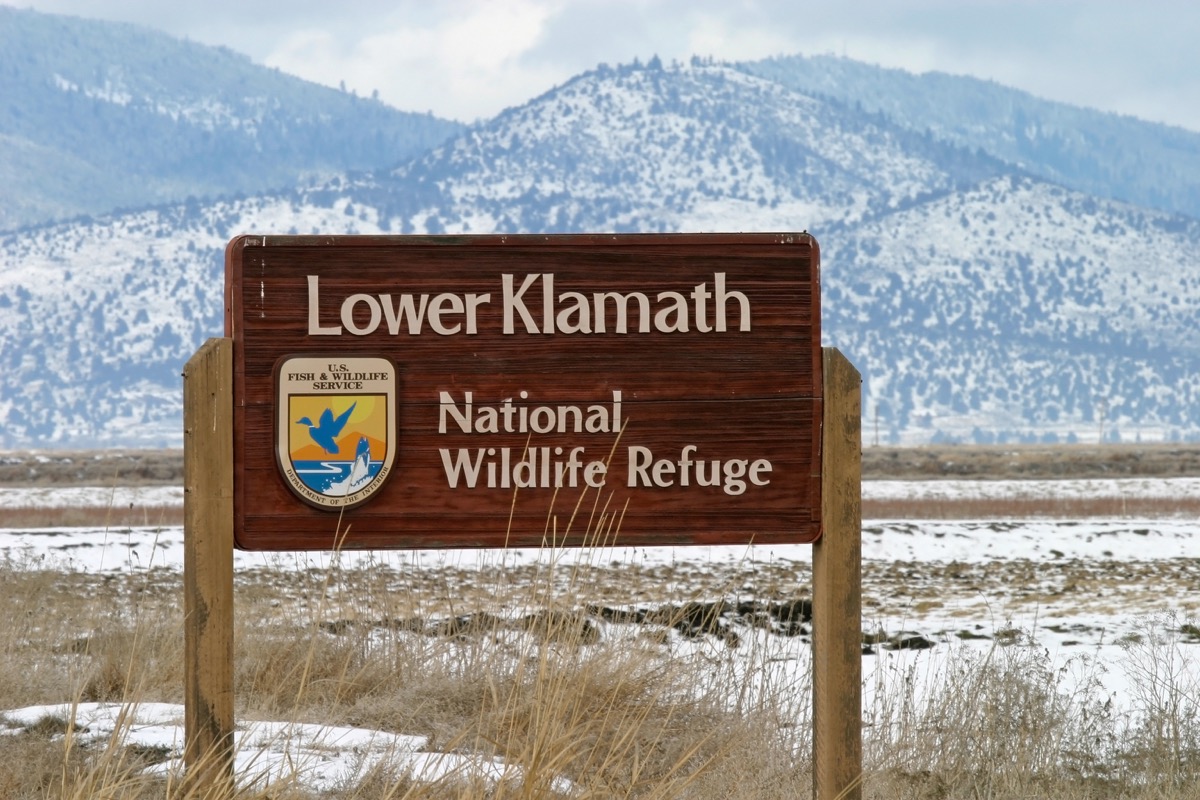
Part of educating yourself about endangered species is seeing them for yourself. Make a day trip to a wildlife refuge—every state has a few (see the full list here)—or, if that’s too far of a trek, visit a nearby park. Seeing a refuge for yourself can help you gain an appreciation for the local wildlife and the people who help protect it.
6
Volunteer for the U.S. Fish & Wildlife Service.
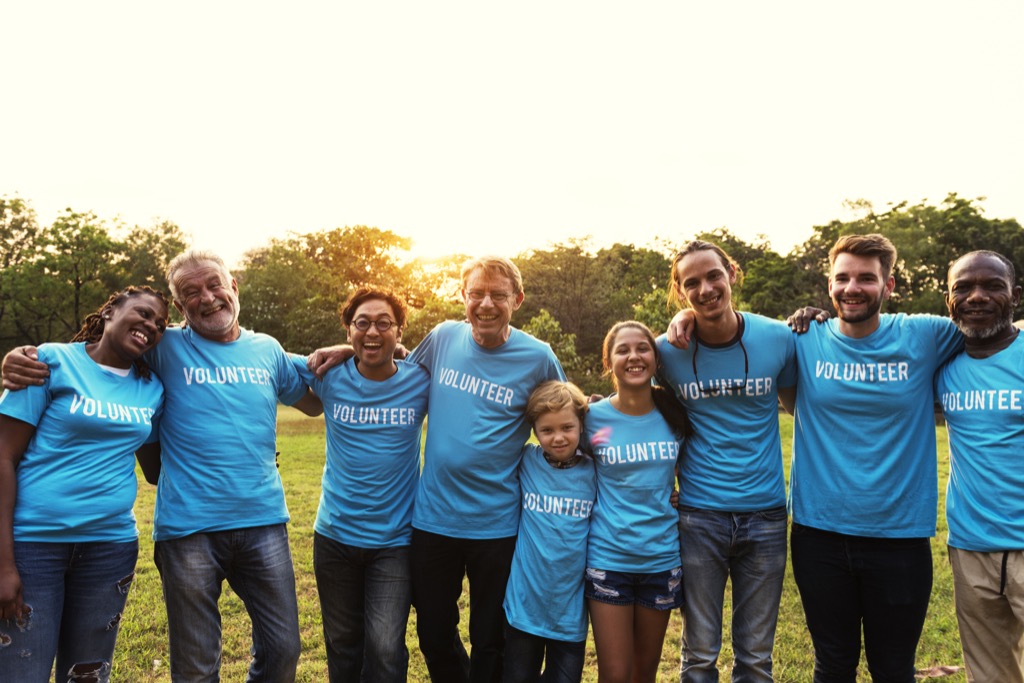
Even better than visiting a wildlife refuge is helping protect one yourself, by serving as a volunteer for the U.S. Fish & Wildlife Service, which oversees the refuges nationwide. The organization currently has tens of thousands of volunteers, assisting with habitat restoration, education, and other responsibilities. But they always need more! Check out their volunteer portal to find out how you can assist in your area.
7
Stick to hiking trails.
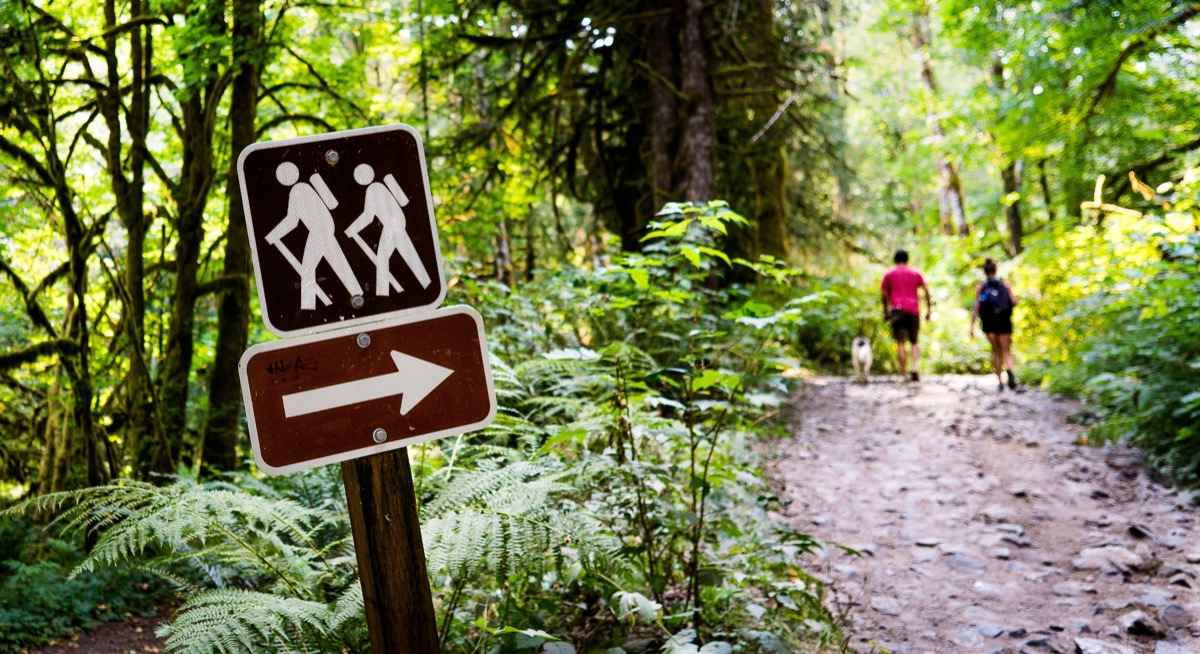
When you do pay a visit to an outdoor area, be sure to stay on the official trail. Taking shortcuts or untrodden paths may lead you to disrupt habitats, tromp across breeding grounds, or unintentionally expose the area to predators and parasites.
8
Keep your pets in check.

Domesticated animals can be a major threat to local wildlife. Keep your dogs on a leash whenever outside and keep your cats indoors. Also, be sure to feed your cats and dogs inside to avoid leftover food attracting wildlife and putting both your pets and visiting creatures in danger.
9
Recycle your cell phones.
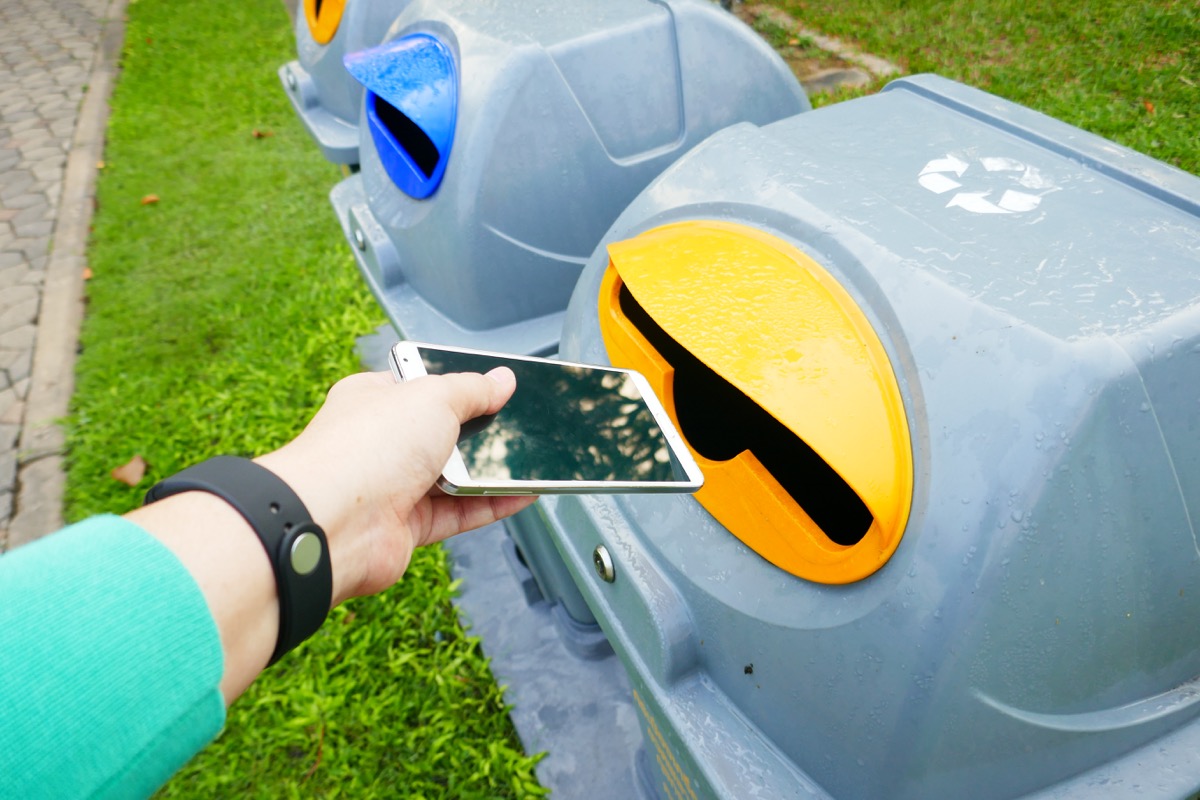
It might seem so much easier to toss your old phone in the trash or leave it on your dresser instead of recycling it, but that laziness might be inadvertently killing animals halfway across the world. It turns out, the mining of precious metals like gold and coltan lead to the decimation of gorilla habitats in the Democratic Republic of Congo. Increased phone recycling has been found to help reduce the incentives for mining. Put your phone in the right place and you might save an endangered gorilla.
10
Don’t litter.
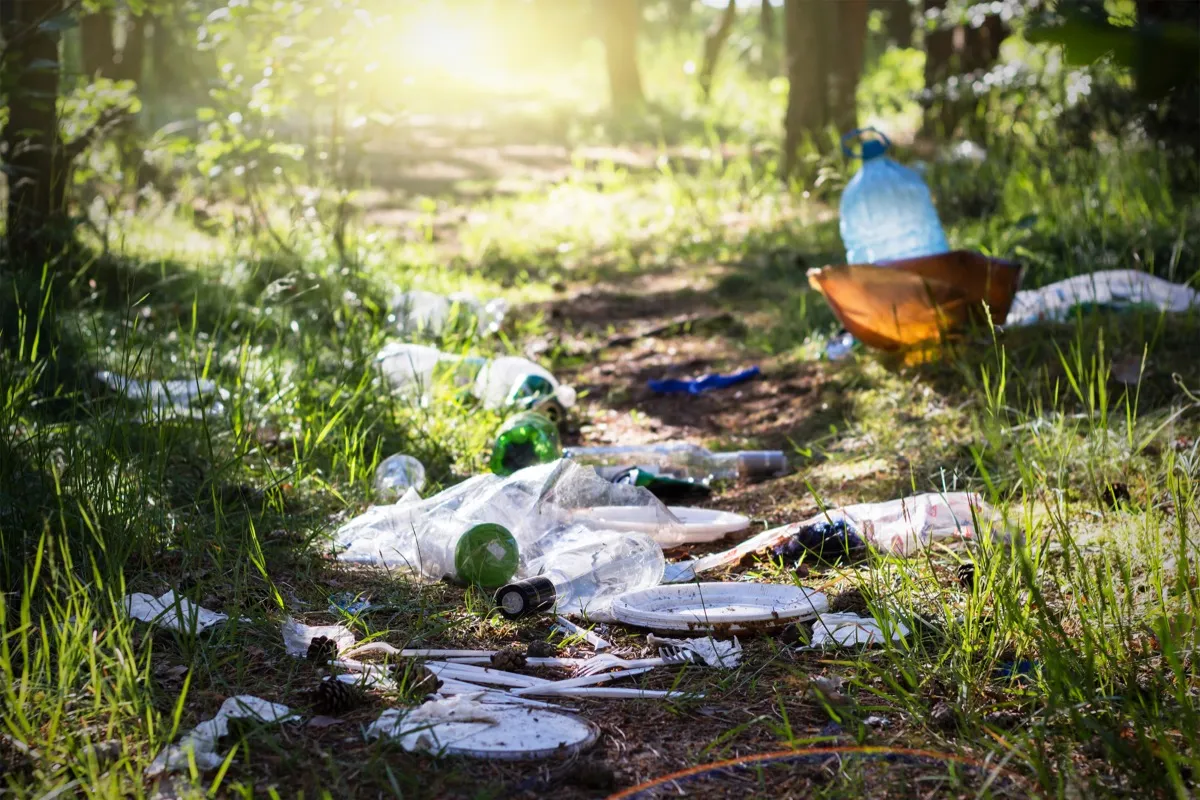
This is just a generally responsible thing to do, but it can also affect local wildlife and endangered species, considering the many ways that litter can disrupt habitats and animals’ well-being. For example, certain types of litter can poison and injure birds. And discarded food can cause dietary issues for other animals. Be sure you’re throwing out trash where it belongs.
11
Grow native plants.
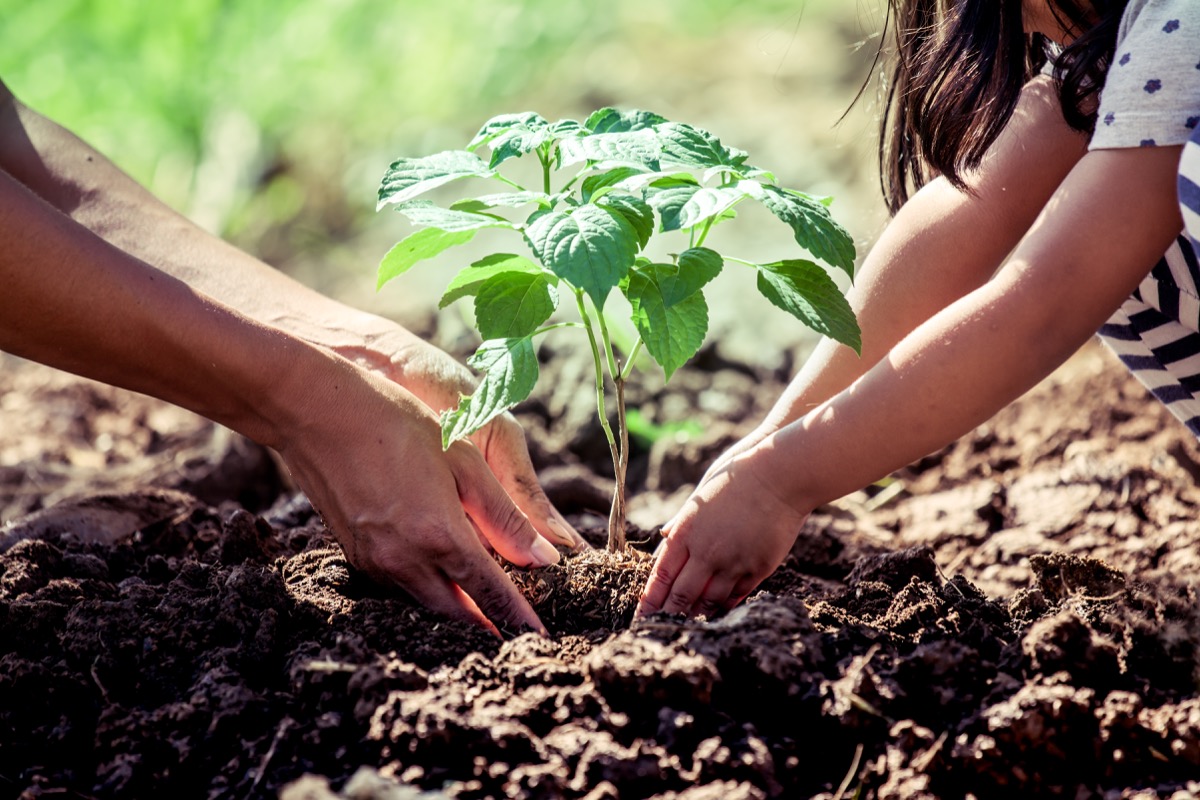
A direct way to help protect endangered species is to ensure you only plant species that are native to your local area. While they might look nice, exotic plants can unleash havoc on the local plant population, killing off vulnerable species who depend on plants for food. Check out the Native Plant Conservation Campaign to learn how to plant local.
12
Avoid using herbicides and pesticides.
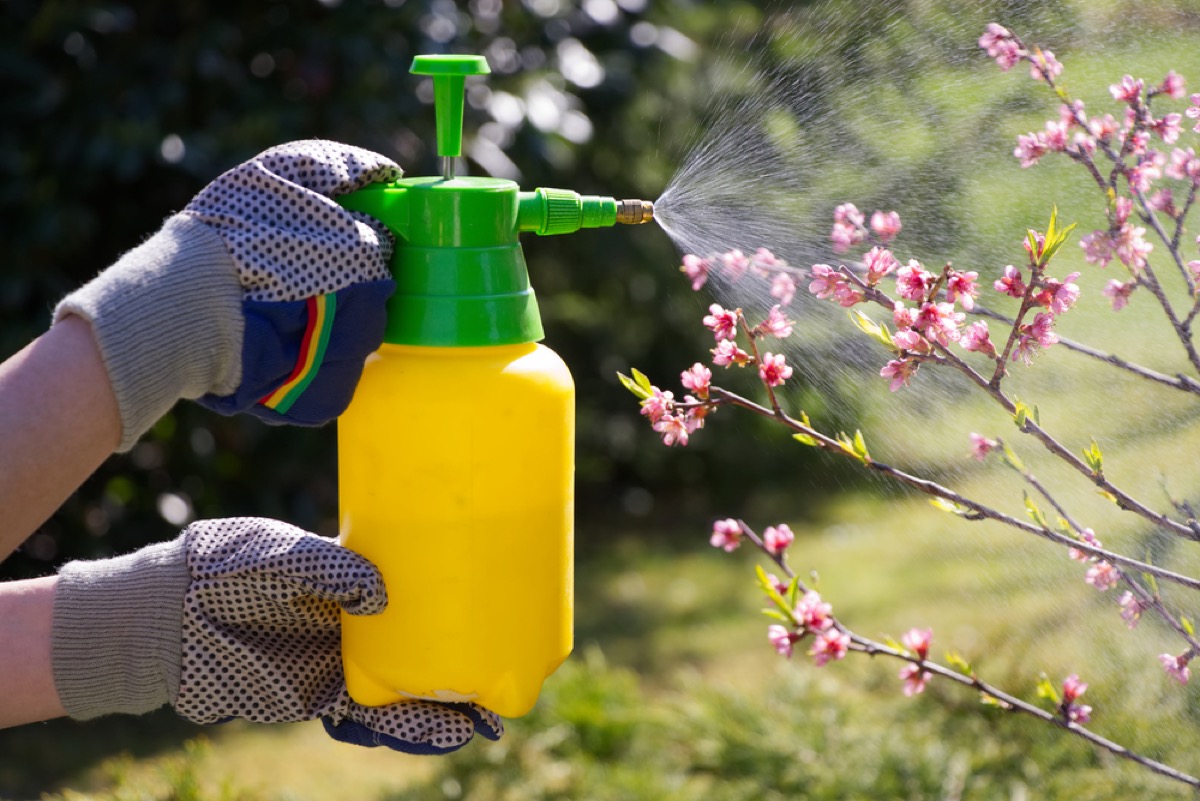
They might kill pests and weeds, but these products can also cause other issues up and down the food chain. Find out if the products you are looking to use are safe for the wider ecosystem and consider ditching them altogether. Beyond Pesticides is a handy resource to learn about alternative options.
13
Cut down on plastics.
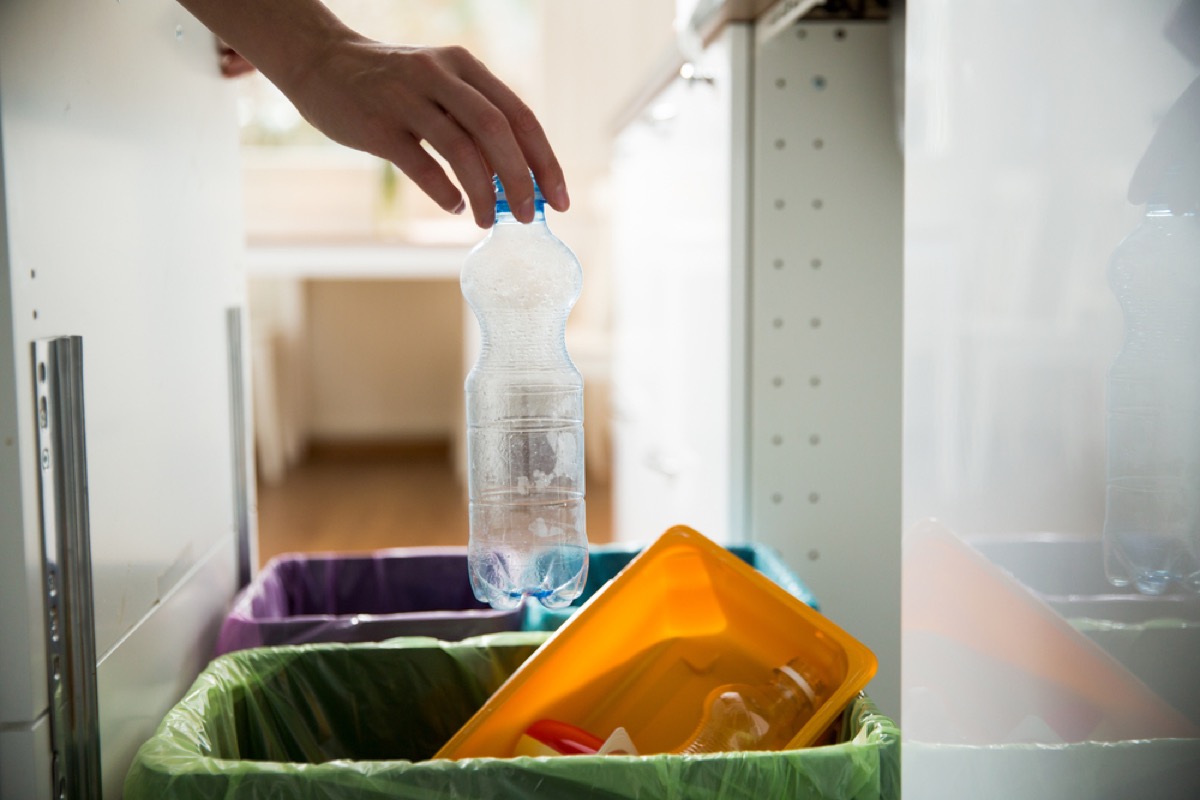
From single-use plastic bags to plastic bottles, we use a lot of unnecessary plastic that can end up in natural habitats, or around or inside of animals themselves. Use alternative biodegradable products like paper bags and straws or reusable water bottles to reduce your waste and the likelihood that your single-use plastic will create long-term problems.
14
Avoid products made from endangered species.

You probably know to avoid fur and ivory products, but there are plenty of other goods that are created by destroying endangered creatures, including products using tortoiseshell, coral, and even cactus. Sure, they might look nice, but if you even slightly suspect that an item caused a creature harm, it’s best you buy something else.
15
Urge your representatives to support the PAW and FIN Conservation Act.

The PAW and FIN Conservation Act of 2019 reverses efforts to weaken the Endangered Species Act, reinstating protections on wildlife recently designated as “threatened,” strengthening the listing process for imperiled species, and more. Call your local member of Congress and ask them to co-sponsor the act.
16
Don’t buy (unsustainable) palm oil.
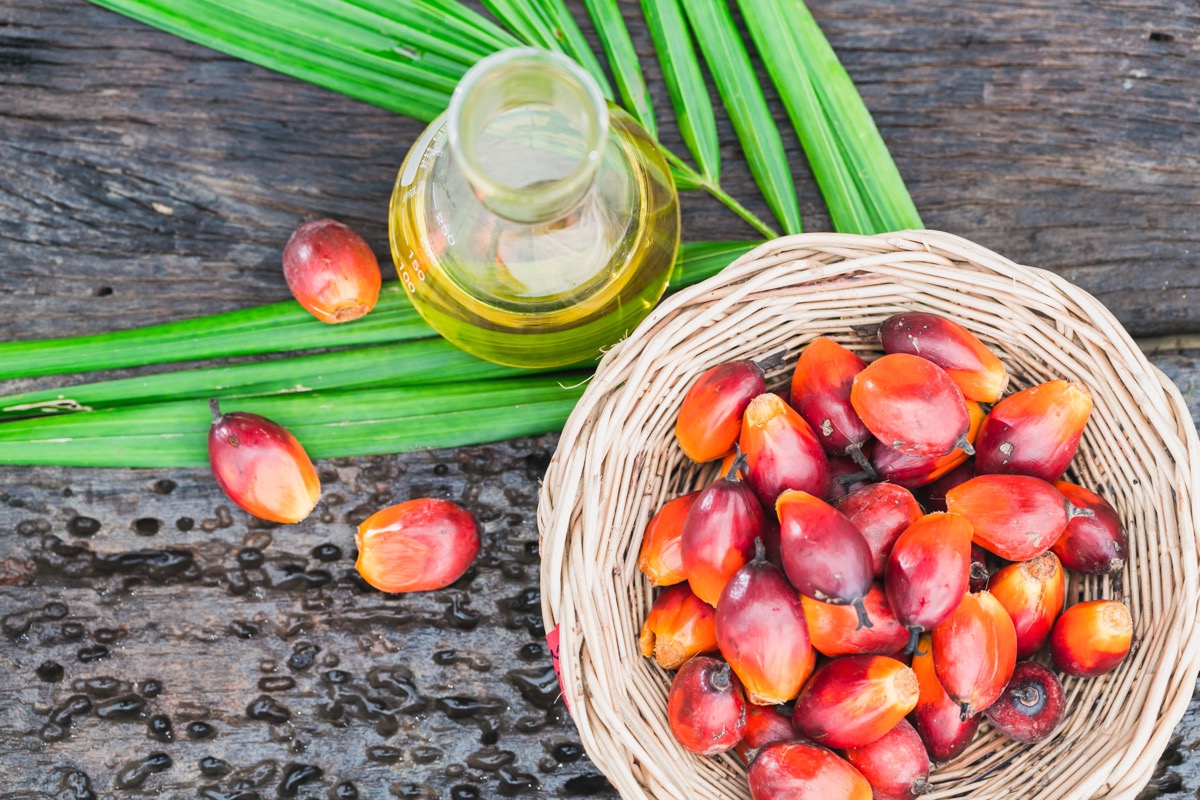
The production of palm oil causes the deforestation and destruction of the habitats of a number of endangered species throughout the rainforests of Indonesia and Malaysia. Instead, seek out palm oil that has been RSPO certified, approved by the World Wildlife Fund, and produced in a way that respects global wildlife populations.
17
Donate to a conservation organization.

If you can’t afford to volunteer your time to help endangered species, your money can go a long way, too. There are numerous groups that are working to help, with some focused on specific animals or regions, and others taking a global approach. This roundup offers a reputable selection of options to consider.